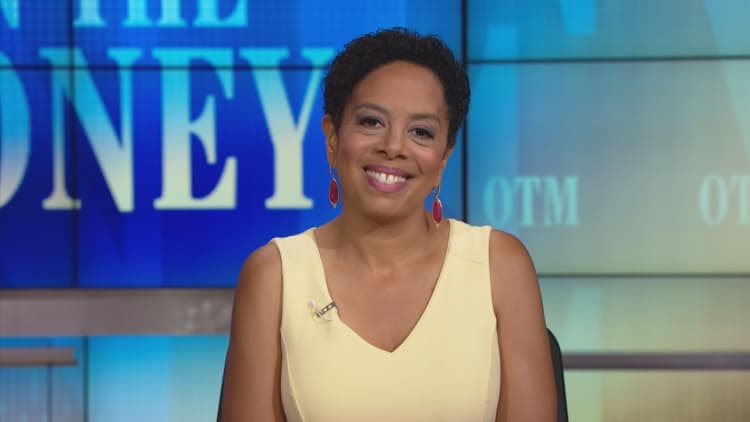A measure under consideration in Congress could have big implications for how you view your Social Security statements.
The bill, called the Beneficiary Education Tools, Telehealth, and Extenders Reauthorization Act of 2019, or BETTER Act, includes a provision that would reinstate mailed Social Security statements.
Since 2012, the Social Security Administration has scaled back the mailing of paper statements after it established a website, My Social Security, that offered access to that information online. The agency also was able to save on the costs of mailing paper records.
In fiscal 2017 and 2018, Social Security statements were sent only to individuals age 60 and up who had not established online accounts. From 2014 to 2016, the agency mailed statements in five-year increments to people at ages 25, 30, 35, 40, 45, 50, 55 and 60. In addition, statements were delivered to people over age 60, those who were not yet receiving Social Security benefits and individuals who did not have an online account.
Workers of all ages who pay into the system can view their statements online by setting up an account at the My Social Security website.
The bill would nudge the Social Security Administration to reinstate mailed Social Security statements to individuals ages 25 and up who are not receiving Social Security benefits. The agency is required to provide those statements annually, according to existing law.
It was marked up in the House Ways and Means Committee on Wednesday, where it received bipartisan support. The next step is for the full House to consider it.
Advocates for the provision argue that many people are not accessing their online statements. A report from the Social Security Office of the Inspector General released in February found that 43% of registered users accessed their online statements in 2018, down from 48% in 2017 and 53% in 2016.
However, the cost of mailing statements fell dramatically in 2017 and 2018 after the agency scaled down the number of recipients. In 2018, the total cost was $7.6 million, compared to $24 million in 2016. During those years, the cost per statement was 52 cents.
Advocacy groups including Consumer Action and the Coalition for Paper Options have voiced their support for this change, which they argue would improve access to Social Security statements.
"This is one of the single most important financial planning tools that we'll ever see," said Linda Sherry, director of national priorities for Consumer Action.
Knowing how much in benefits you will receive can help you understand how much more you may need to save for retirement, she said.
It's also important for individuals to regularly review those statements in case there are any errors on their earnings record that could reduce their benefits.
More from Personal Finance:
Bill could extend Social Security's solvency for rest of century
Stakes are higher for women when claiming Social Security
It's not baby boomers who have taken the most from Social Security
Online My Social Security accounts are not easy for some individuals to access, according to advocates for the paper version. You must know detailed information from your credit report and regularly update your password to gain entry.
"We are in no way opposed to online delivery for those people that prefer that and are capable of accessing it," said John Runyan, executive director of the Coalition for Paper Options.
But individuals should have paper access until they decide they want online access, not the other way around, he said.
"If you don't take steps [to get online access], you're in the dark," Runyan said. "That's inappropriate."



